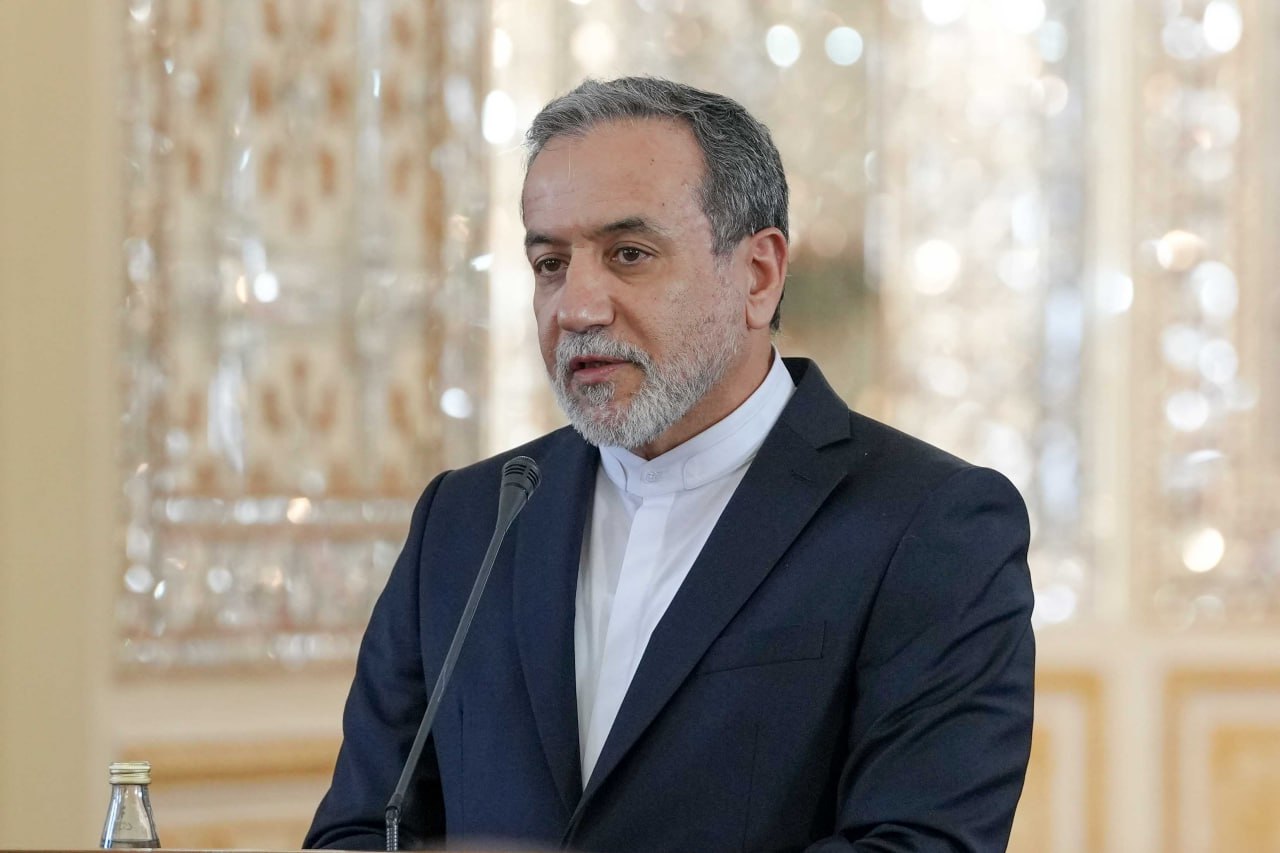BAKU, Azerbaijan, January 15. The ongoing talks in Geneva between Iran and three European countries (E3) (the UK, France, and Germany) are aimed at finding a way to resume nuclear negotiations concerning Iran's nuclear program, said Iran's Foreign Minister, Seyyed Abbas Araghchi, Trend reports.
Speaking to Iranian media, Araghchi stated that over the course of two days, from January 13 to 14, a new round of dialogue took place between the foreign ministry deputies of Iran, the UK, France, and Germany, as well as European Union diplomats.
He emphasized that Iran has never left the negotiating table on the nuclear issue, nor has it stated that it was not a negotiating party. Iran has always been confident in the peaceful nature of its nuclear program and has never encountered a fundamental problem presenting this confidence to other countries, he explained.
The Iranian minister further added that in some cases, the numerous demands from the other parties had made negotiations difficult. However, he affirmed that Iran would participate in discussions if they were substantial.
"Iran's position has always been clear. Currently, Iran's dialogue with the three European countries is about finding possible solutions to return to the nuclear negotiation table. The goal is to see if a discussion path can be found to resolve this issue," he added.
The first round of the dialogue between the deputy foreign ministers of Iran and 3 European countries (the UK, France, and Germany) was held in Geneva on November 29, 2024. The next round of this dialogue will continue on January 13-14 in Geneva.
To note, on January 16, 2016, the JCPOA came into force between Iran and the P5+1 group (US, Russia, China, the UK, France, and Germany) regarding Iran’s nuclear program. However, on May 8, 2018, the US withdrew from the Joint Comprehensive Plan of Action (JCPOA) between Iran and the 5+1 group (Russia, China, the UK, France, the US, and Germany) and imposed new sanctions on Iran starting from November 2018.
By the end of 2020, the Iranian parliament decided to pursue a strategic plan in the nuclear sector to counter the sanctions, leading to a suspension of additional steps and the Additional Protocol as per the nuclear agreement.
Consequently, the International Atomic Energy Agency (IAEA) faced a reduction in monitoring capabilities by 20–30 percent.
Iran has officially affirmed that its strategy is not to pursue the development of an atomic bomb and that it does not support the production of weapons of mass destruction.







